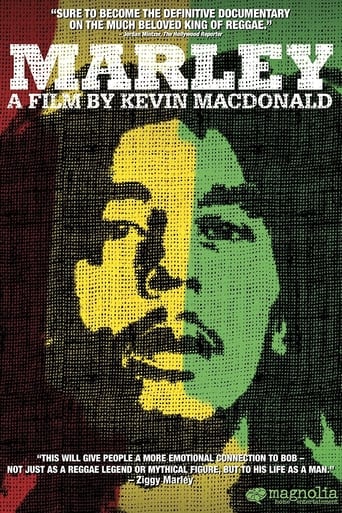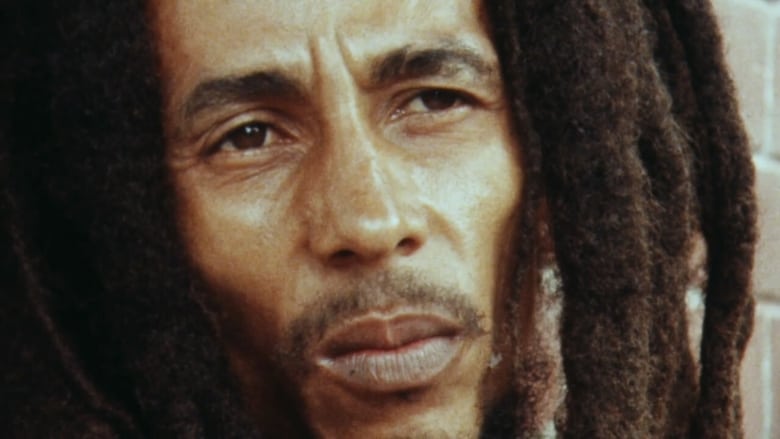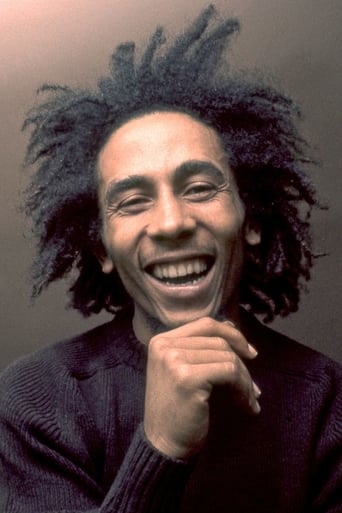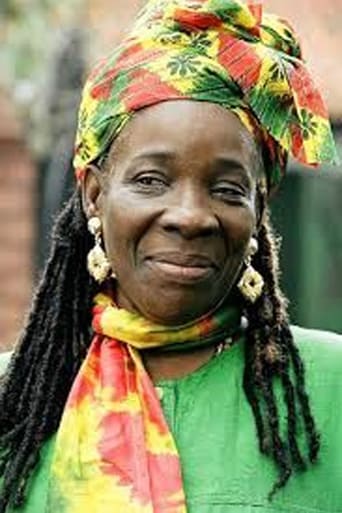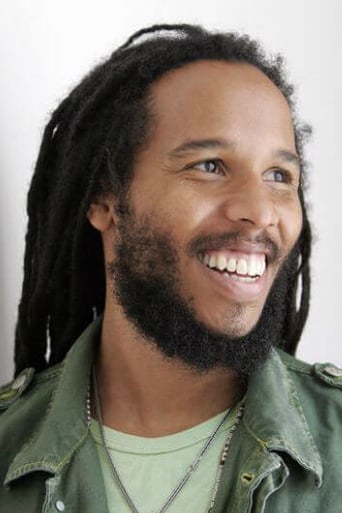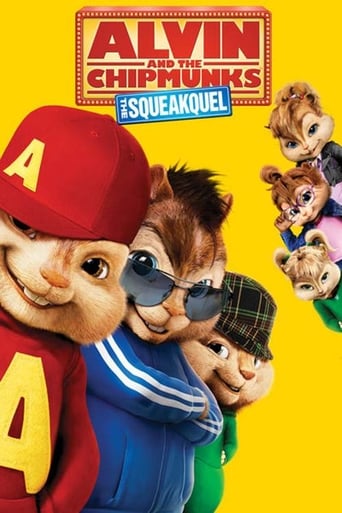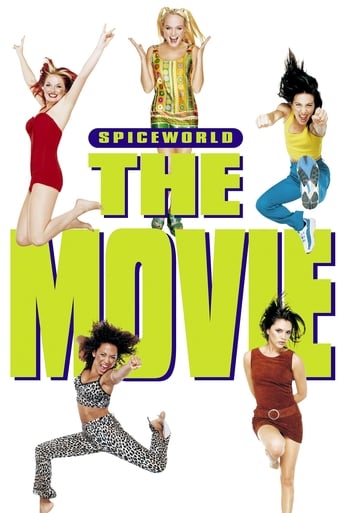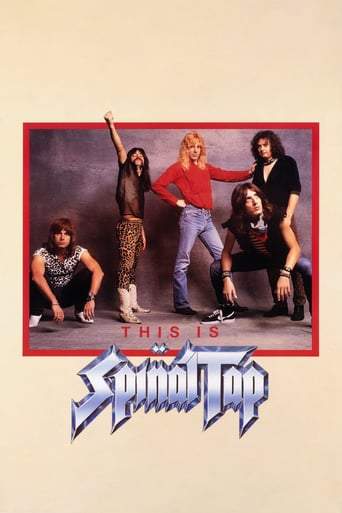Marley (2012)
Bob Marley's universal appeal, impact on music history and role as a social and political prophet is both unique and unparalleled. Directed by Academy Award-winning director Kevin Macdonald (The Last King of Scotland), MARLEY is the definitive life story of the musician, revolutionary, and legend, from his early days to his rise to international superstardom. Made with the support of the Marley family, the film features rare footage, incredible performances and revelatory interviews with the people that knew him best.
Watch Trailer
Cast
Similar titles

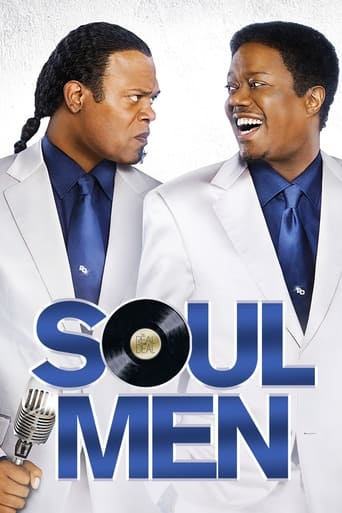
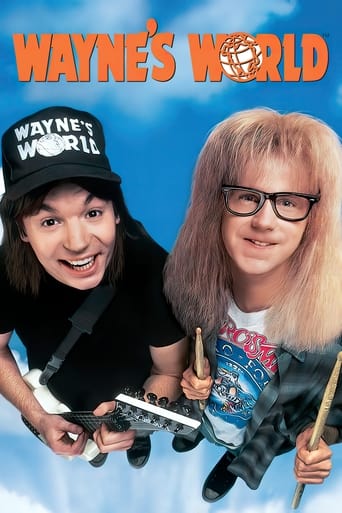
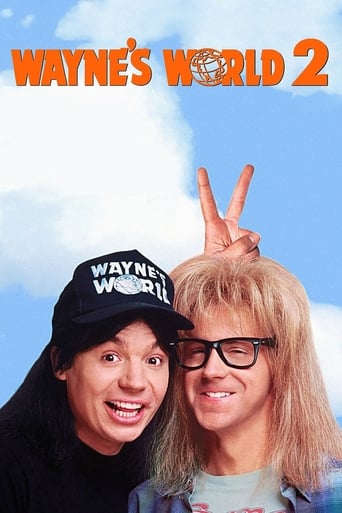
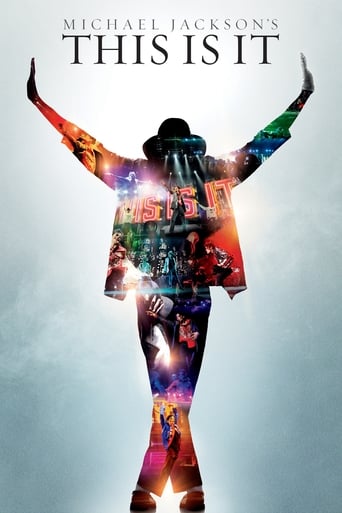
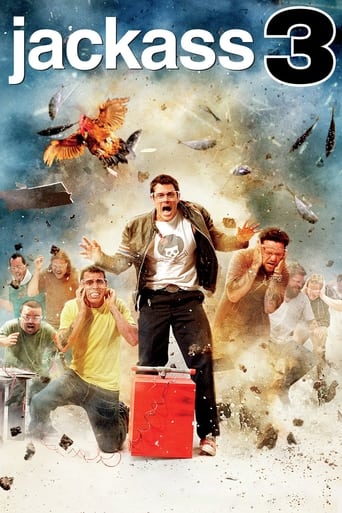
Reviews
Please don't spend money on this.
If the ambition is to provide two hours of instantly forgettable, popcorn-munching escapism, it succeeds.
There are moments that feel comical, some horrific, and some downright inspiring but the tonal shifts hardly matter as the end results come to a film that's perfect for this time.
A terrific literary drama and character piece that shows how the process of creating art can be seen differently by those doing it and those looking at it from the outside.
A great movie about the rising of a legends, smacked with riffs and fantastic music from one of our worlds greatest artists! If you have a slight interest in music you better watch this movie!He was born in the remote Jamaican village of Nine Mile in 1945. His mother, Cedella, was black and 16. His father, Norval Marley, a white man aged 65, was employed by the forestry commission to prevent the theft of timber. He rode around the countryside like a Cossack and styled himself Captain, though there's no evidence he'd held any commissioned rank or served in any war. In the only known photo of Norval.Some people feel the rain, others just get wet / Robert Nesta Marley
You gotta love Bob. I do. The way he fought and persisted to get out of his Trench Town ghetto (but to which he returns time and again), is nothing short from humbling. Especially that part where his colorful and musical friends from the past talk about his early struggles will make you feel like the sun has just come up, even if you're watching this in the evening, like I did.Of course, there's always some shadows around any man that is a lighthouse to so many people. Did he really need all those women beside Rita? Shouldn't he have spent some more time with his kids, or, when he did, be a little less strict or competitive? Shouldn't he have been better aware of certain things (getting caught in politics on Jamaica, visiting a country with a dictator)? It might seem easy to judge, but I personally find it hard to say. The good thing about 'Marley' is in any case that it gives room to those doubts.What I felt most about Bob Marley after seeing this documentary though, was a sense of Biblical proportions to the man; his struggle with his father, his gigantic uprise in the world and eventually his tragic demise, but not without leaving behind a legacy for all to enjoy and find inspiration in.
when it hits, you feel no pain. Excellent job on this documentary to Mr. Macdonald. I probably would have been a bit restless sitting through this in a theater, as he probably could have trimmed about 20 minutes off for my overall enjoyment, but since I watched it on DVD, it was a nice viewing over a 2 day stretch.Going in, I felt I knew quite a bit about the life of Bob Marley, but I came away knowing a whole bunch more. The shots of poverty stricken Trench Town really make you appreciate what a privilege your everyday USA upbringing was compared to what it's like for others around the world (including poor Jamaicans), and the last 25 minutes leading up to his death were quite moving, as I never knew about his stretch in Germany just before he passed.Macdonald really did a great job finding all these interviewees who were related to or knew the man, and got them all the to open up seemingly at ease. For example, I never also knew his daughter with Rita (Cedella) was an actress, who I subsequently discovered was the lead in an indie movie filmed in NYC in the mid-nineties. The bit about The (latter day) Wailers opening for The Commodores to attract a bigger black following in the US was also new to me. And it was sure was chilling to hear them discuss the assassination attempt in 1976.My only other real quibble is the lack of discussion about various famous albums, their legacy, and/or tracks on them. I've always loved albums, even as they seem to have become an afterthought since the dawn of the internet has pretty much made people quit buying them. Even though we heard most of these songs playing on the soundtrack and many of them are somewhat self-explanatory from the words, I wanted to hear more about the origin of and making of:"Exodus", "Kaya", I Shot the Sheriff, Is this Love, Buffalo Soldier, Iron Lion Zion, Waiting in Vain, Could You Be Loved, and a few other cuts.But do check this out, and it's well worth the time spent.
Several years in the making, and utilizing dozens of interviews with key figures, Kevin Macdonald's documentary about the late, great reggae figure represents something of an achievement for the British director of "The Last King of Scotland" and "One Day in September". While Bob Marley's life has been chronicled by biographers before, most notably in Timothy White's book "Catch a Fire" , Macdonald weaves in the political and the personal to present an enthralling archive of Jamaica and the birth of reggae in the early Seventies.The result is an immensely detailed and satisfying chronology of Marley's life, from his humble beginnings in a poor Jamaican town, Saint Ann parish, his relocation to Trenchtown and then the more salubrious neighborhoods of Kingston, to his early and tragic death of cancer in Bavaria in 1981, aged 36. Marley's last few years prove to be the most fascinating here – as he grapples with his universal fame and the violence tearing through Kingston.These days, Marley's career can often be summed up by a poster – the last king of reggae cuts a smiling, dread-locked figure who features widely in teenage bedrooms all over the world. The musician in "Marley", however, is a more complicated figure. Born to an elderly white British father, the young singer-songwriter was taunted from an early age for his mixed race heritage. He discovered music as a youngster– and eventually moved to Kingston, where he converted to Rastafarianism to combat his early experience of hatred."Marley" is most watchable when explaining the birth of reggae – and the surviving members of The Wailers, his backing group, particularly percussionist Bunny Wailer, carefully recall how some of their best work emerged. One highlight is an interview with notable reggae producer Lee "Scratch" Perry; now with his hair dyed pink, Perry was a formative figure in the sound of the Wailers.Equally illuminating is Marley's personal life. By the time of his death, he had produced eleven children from seven mothers. His daily life was similarly chaotic; lines of people would queue up at his home in Kingston, looking for handouts. None went away empty handed. Even the tragedy of daily violence in Kingston did not deter him. Marley was shot in a botched assassination attempt in the city, but persevered to give two free concerts in an endeavor to end the bloodshed.All of this, of course, is presented with some truly memorable archive footage. As one might expect, Marley's music looms large throughout, and Macdonald has mined dozens of resources to show the reggae star at work. There is a thrilling concert to commemorate the birth of Zimbabwe (featuring both Robert Mugabe and Prince Charles), as well as tours of Europe and the US. Most stirring, though, are those two concerts in his native Kingston. While his Rastafarianism beliefs no doubt encouraged Marley to spread a message of peace across the world, a solution to the political bloodshed in Kingston was a cause he never abandoned. It is a sequence which demystifies the musician, and the closing credits leave us in no doubt as to how his message continues to resonate today.
